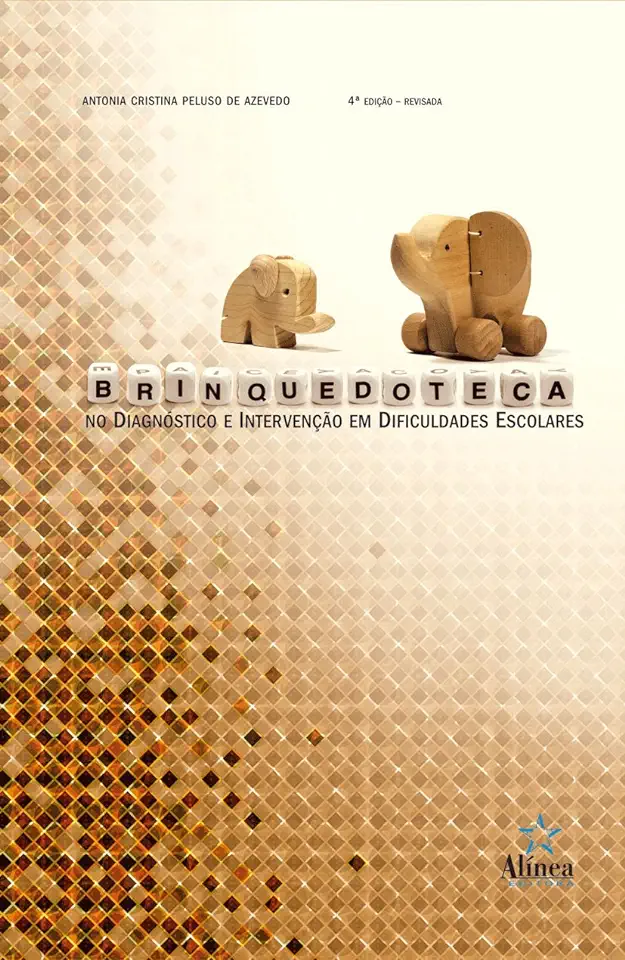
Playroom in the Diagnosis and Intervention of School Difficulties - Antonia Cristina Peluso de Azevedo
Playroom in the Diagnosis and Intervention of School Difficulties: A Comprehensive Guide for Educators and Clinicians
Introduction
In today's fast-paced and demanding educational environment, many children face a range of learning challenges that can hinder their academic progress and overall well-being. Identifying and addressing these difficulties early on is crucial to ensure successful learning outcomes and prevent long-term academic struggles. The playroom, a specialized therapeutic space, offers a unique and effective approach to diagnosing and intervening in school difficulties.
The Power of Play
Play is an innate and essential part of childhood development. It provides a natural context for children to express themselves, explore their surroundings, and learn about the world around them. The playroom capitalizes on this natural inclination by creating a safe and supportive environment where children can freely engage in play-based activities.
Playroom as a Diagnostic Tool
The playroom serves as a valuable diagnostic tool for educators and clinicians to gain insights into a child's cognitive, emotional, and social development. By observing a child's play, professionals can identify patterns, themes, and behaviors that may indicate underlying difficulties or developmental delays.
Playroom-Based Interventions
The playroom is not only a diagnostic tool but also a powerful therapeutic space for intervention. Play-based interventions leverage the child's natural inclination to play to address specific learning challenges and promote overall development. These interventions may include:
Play Therapy: Play therapy utilizes play as a primary means of communication to help children express their thoughts, feelings, and experiences. Through play, children can work through emotional issues, develop coping mechanisms, and enhance their social skills.
Cognitive-Behavioral Play Therapy: This approach combines play therapy with cognitive-behavioral techniques to address specific behavioral and emotional problems. It helps children identify and modify negative thought patterns, develop problem-solving skills, and learn appropriate coping strategies.
Developmental Play Therapy: Developmental play therapy focuses on promoting overall development in children with developmental delays or disabilities. It uses play to enhance cognitive, language, social, and emotional skills, fostering a child's holistic growth.
Benefits of Playroom-Based Diagnosis and Intervention
The playroom approach offers numerous benefits for diagnosing and intervening in school difficulties:
Early Identification: The playroom allows for early identification of learning challenges, enabling timely intervention and support.
Comprehensive Assessment: Play-based observations provide a comprehensive assessment of a child's cognitive, emotional, and social development.
Child-Centered Approach: The playroom respects the child's natural inclination to play, creating a comfortable and engaging environment for diagnosis and intervention.
Effective Intervention: Play-based interventions are highly effective in addressing a wide range of school difficulties, promoting academic success and overall well-being.
Conclusion
"Playroom in the Diagnosis and Intervention of School Difficulties" is an invaluable resource for educators and clinicians seeking to effectively diagnose and intervene in school difficulties. By utilizing the power of play, professionals can gain deep insights into a child's development and provide targeted interventions that foster academic success and emotional well-being. Embrace the playroom approach and empower children to overcome their challenges, unlocking their full potential for learning and growth.